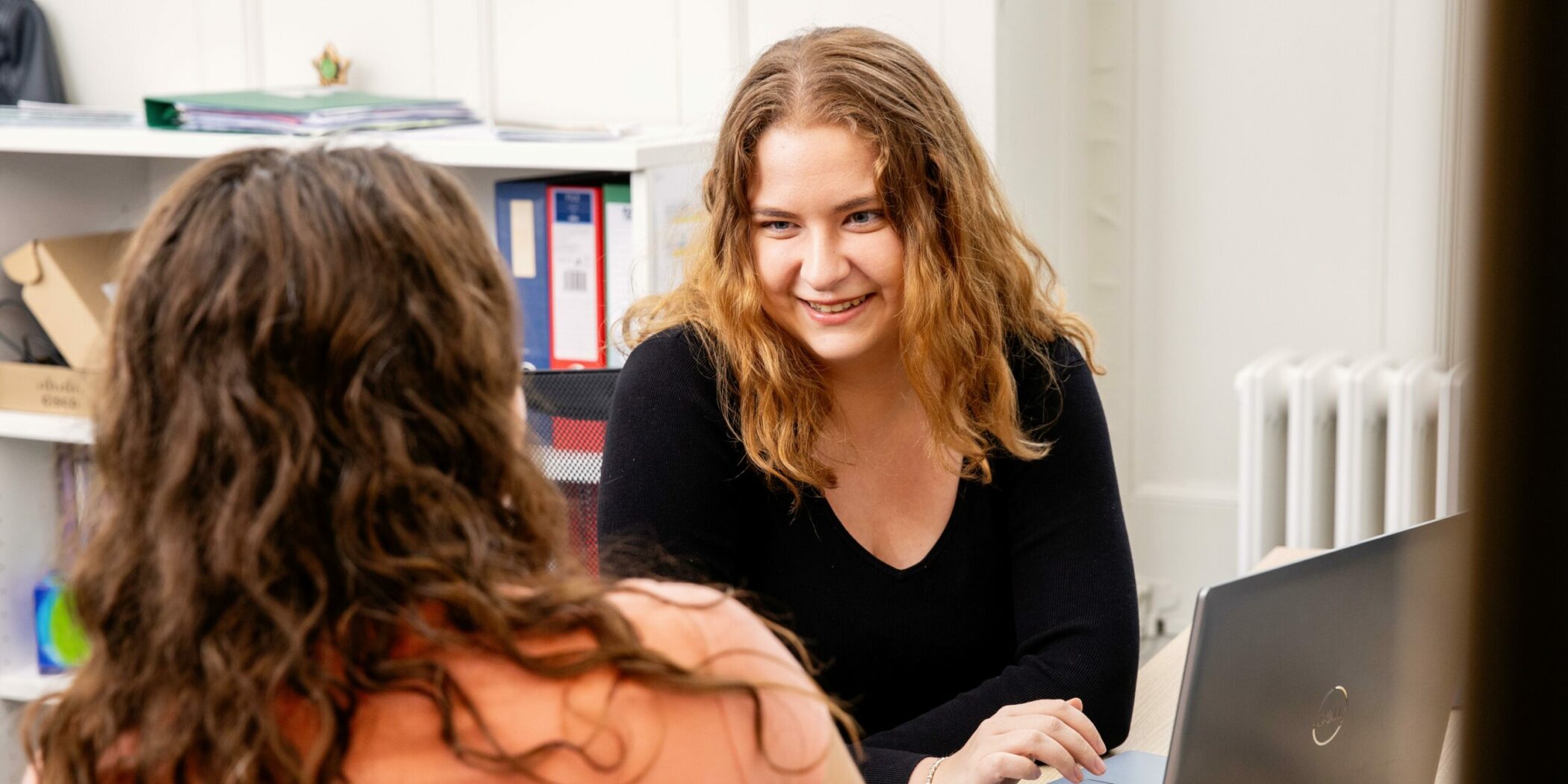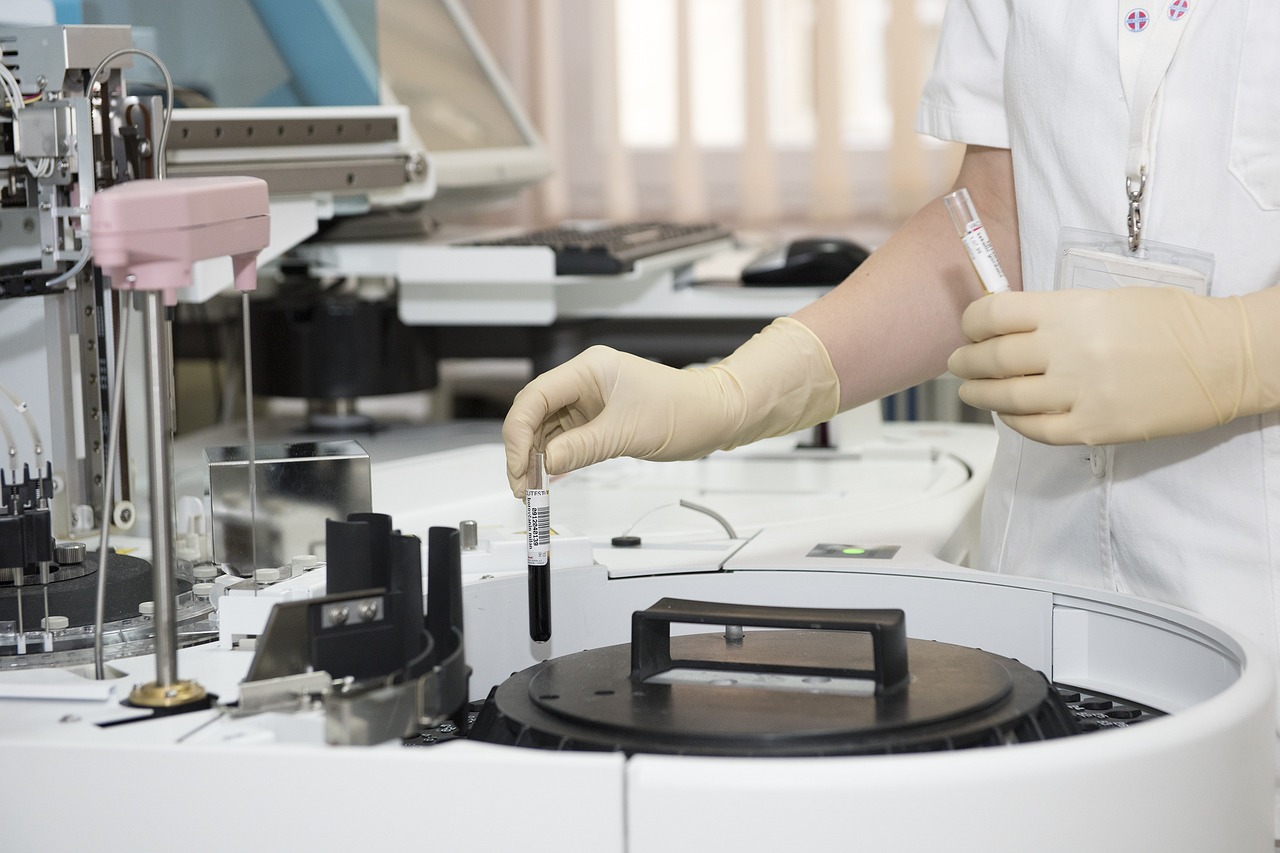Studying Medicine at Cambridge
- UCAS Code: A100
- How many are admitted to Cambridge every year: 273
- Typical offer: A*A*A at A Level, 41-42 points at IB with 776 at Higher Level
- Essential subjects: A Level Chemistry and at least 2 other science-based subjects from Mathematics, Biology/Human Biology, Physics, and Further Mathematics.
- Useful subjects: Science-based subjects
- Course length: MB, BChir 6 years full-time; 5 years full-time for affiliated students
The Cambridge course in Medicine aims to equip its students with the necessary practical skills essential to becoming a doctor along with an excellent grounding in the science underlying medical practice. The Cambridge course is unique in that it provides an extensive foundation in the biomedical sciences that underpin clinical training.
The course lasts 6 years and is split into preclinical and clinical years. In the first 3 years, you will focus on the scientific principles underlying medicine alongside a clinical strand. You’ll also get to conduct a full-body dissection, which very few medical schools offer.
In the last 3 years, you will apply that knowledge to medical practice as a clinical student, spending much of your time learning directly from patients in GP surgeries and hospitals.
You’ll also have opportunities to pursue research and project work throughout the course.
This course is for you if:
- it’s your first undergraduate degree
- it’s your second degree – you’ll complete the first half of the course in 2 years instead of 3. You can also apply to study the Graduate Medicine Course if you are a home fees student.
If this is your first degree and you successfully complete the first 3 years of the course, you’ll graduate with a BA (Hons) degree.
If you successfully complete the full course, you will graduate with a Bachelor of Medicine and Bachelor of Surgery (MB, BChir).
What can I do with a degree in Medicine?
The overwhelming majority of Cambridge medical graduates progress to the two-year foundation training programme for newly qualified doctors. Successful completion of foundational training then leads to further training in medical or surgical specialties. However, some graduates decide to progress to a career in academic research or some choose to split their time between clinical practice and research.
For more information, please visit the University Careers Service website.

Studying Medicine at St Edmund’s College
St Edmund’s has several Fellows who are either practising doctors and/or are active in biomedical research and is a congenial place to study medicine. The college currently admits 3-4 medical undergraduates each year. Both affiliated and mature students are admitted with the latter completing the third year of the Natural Science Tripos whereas affiliated students proceed to the clinical course after two years. We also admit students onto the Graduate Medicine course.
St Edmund’s is located only a short walk or cycle away from the city centre, where most of the preclinical teaching is based. It is also located very close to the U1 and U2 bus route connecting West Cambridge and the city centre to the biomedical campus, where the School of Clinical Medicine is located.
The college offers several spaces where you can study and work on your essays including the Paul Luzio Library Building, the Norfolk Building, study desks in the Mount Pleasant Halls Common room, the comfortable couches of the CR, in Edspresso or the benches in our lovely apple orchards!
We also have six study rooms (2 in the Luzio Building, 2 in Norfolk Building, and 1 in Mount Pleasant Halls) which can also be booked by students for their private study time or group projects.
Our college also has an extremely supportive Welfare and Wellbeing Department, which is happy to lend an ear and provide support should a student feel anxious or overwhelmed with the academic year.
How to apply
Applications for all courses are made through UCAS. You must apply by 15 October 2025 to be considered for entry in October 2026. We only accept applications for Medicine in the October application round.
As a mature College, we recognise that our applicants come to us from a diverse range of educational backgrounds and may have studied a long time ago. However, we would expect evidence of formal study within the last two or three years as evidence of an ability to cope with the challenging academic nature of a Cambridge course.
Entry requirements
Assessment
Written work
Interviews
Deferred applicants
Affiliated students
Additional requirements if you are offered a place
What is a typical Term’s work
The academic year for undergraduates is divided into three terms – Michaelmas, Lent, and Easter – of eight weeks each. The Medicine course or ‘tripos’ is divided into three pre-clinical years and three clinical years. You will also have access to resources in our library at St Edmund’s as well as the University Library and the School of Clinical Medicine library.
Your supervisions and academic progression are overseen by our Directors of Studies.
The pre-clinical years involve lectures, practical classes, and supervisions over 20 to 25 hours each week. You will develop knowledge of physiology, anatomy, pharmacology, and biochemistry amongst other things. The clinical years will be spent on placements locally in GP surgeries, outpatient clinics, and hospital wards.
Your progress is assessed every week and term.
People
Pre-clinical Directors of Studies:
- Dr Vian Azzu
- Dr Kevin Loudon
Clinical Directors of Studies:
- Dr Anna Spathis
- Dr Ben Challis
Fellows:
- Dr Rafia Al-Lamki
- Professor Edwin Chilvers
- Dr James Whitworth


